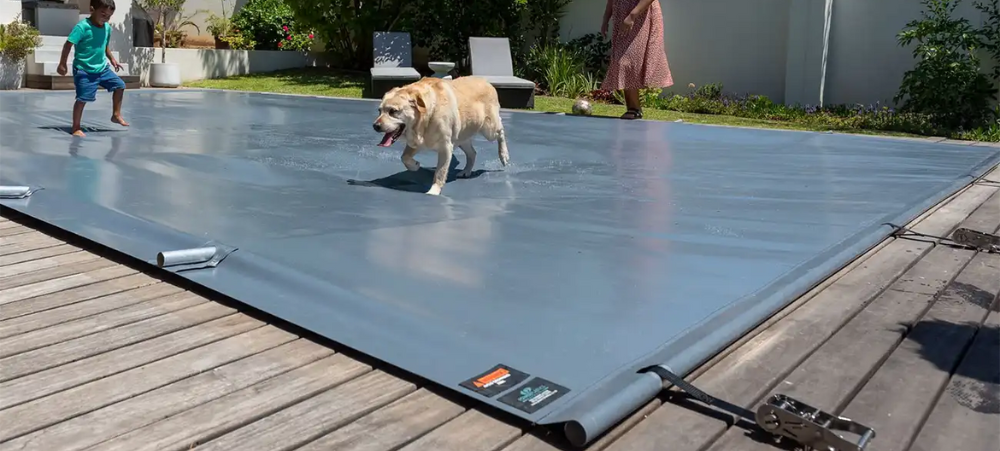Teaching kids some basic financial principles should ideally form part of their upbringing. Short-term insurance is key among them, since it provides an important safety net that helps to secure your long-term well-being. It can be difficult to give up something when you do not see an immediate benefit, making short-term insurance (and most financial-must haves, for that matter) a difficult sell. But getting kids to understand it (particularly the patience it takes to stay covered), is a lesson worth learning. Here are some tips.
Delayed gratification is worth the reward
Paying for your short-term insurance diligently each month is hard to “enjoy”, but the relief when a claim arises and is covered, is such a reward for the effort of committing to your cover. It’s a good concept to grasp early; healthy routines result in reward, even if only down the line. It can be difficult to understand budgeting for insurance each month, instead of spending money on something tangible like the latest tech gadget. Keeping that gadget safe, however, is part of understanding how insurance works. Explain that insurance can replace items if they are properly insured but sticking to safety measures matters too. They’d need to be responsible with their insured item all the time; learning that consistency adds up to stay covered.
Keep safety in session always
Getting your kids to think practically about safety can go a long way. They should know how to lock up your home, they should know where certain items are kept (some examples might include where the torch is kept in case the power goes out, who to call in what type of emergency and where spare sets of keys are stored). Having a routine place for kids to store anything they carry along with them, like their keys, is a good practice to follow. The idea is to have your kids think responsibly with clear guidelines to refer back to. Keeping track and caring for their possessions is another important life lesson that is best learnt early. Kids need to know replacing items (a bottle/jacket/school jersey/shoes) costs money and needs to be funded from the family budget. They are more likely to take responsibility and less likely to lose items this way.
Lying will result in crying
Instilling good life principles, such as being honest, goes a long way (especially later in life). Your kids should be aware that lying can result in consequences.
While insurance cover won’t be as coveted as the latest gadget, the concept of losing privileges as a result of lying is all you need to get across. Honesty is the best policy when it comes to maintaining insurance cover; if you are caught to be misrepresenting the truth, you are likely to have your policy terminated, which will make other insurers less inclined to insure you in the future.
Good advice gets good results
Encourage your children to seek the assistance of an adviser when they are older, as they can help us consider the bigger picture. Even though it is your own responsibility to ask for the insurance you need, having some professional insight into how much you should have, or whether you have considered every angle of cover you might need, is the way to get the most out of having insurance in the first place.
It is a monthly expense that can be hard to part with if you aren’t seeing anything to show for it. But you’re actually paying for an invisible safety net, and come the day you need to claim, you’ll be so glad you stuck with it. The best outcome from short-term insurance, is to keep it in place consistently, as you never know when you might need it.
Bertus Visser, Chief Executive of Distribution at PSG Insure
We understand that there are many aspects that encompass a Mother, Father or Child and strive toward providing resources and services that accommodates this.
Our content is aimed to inform and educate families on issues starting from pregnancy through to the challenges of the teen-age years.
- Bring Christmas Magic Home: How Elf on the Shelf Turns Every Morning Into a Little Adventure - November 3, 2025
- Bonitas and partners drive family health access at Mpumalanga Family Health Day - October 31, 2025
- Encouraging Curiosity: Helping Kids Explore and Learn Through Questions - October 31, 2025





